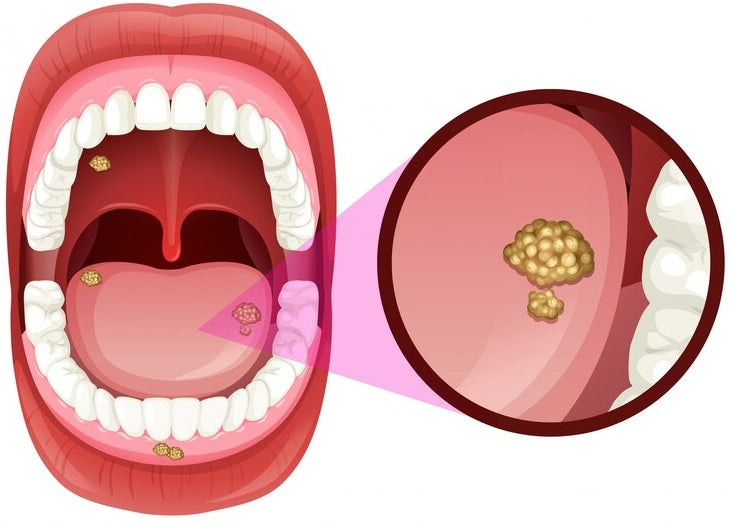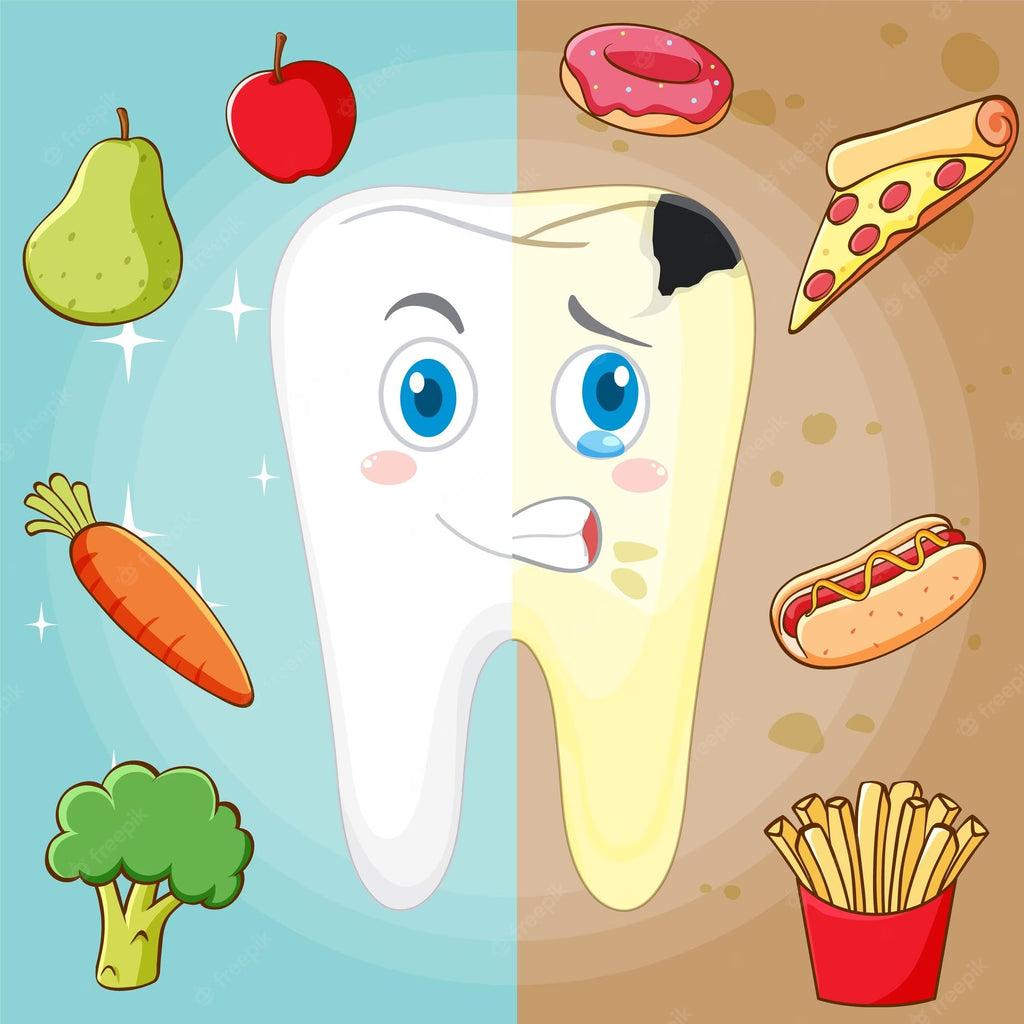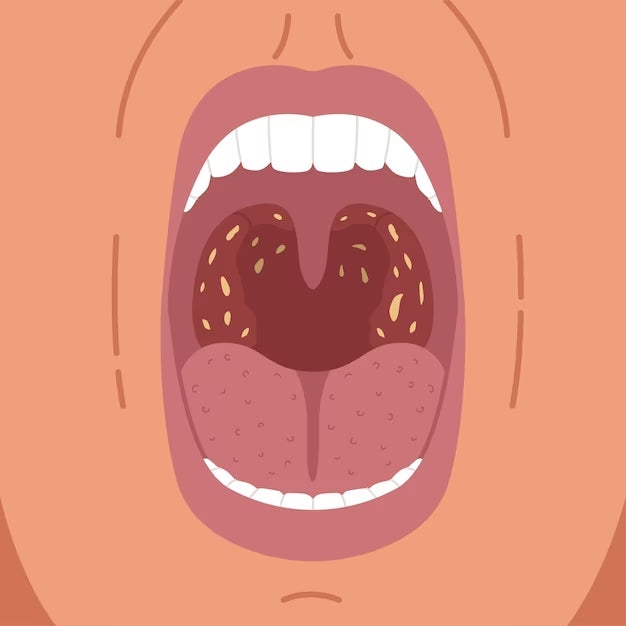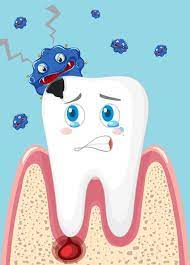What is Periodontal (Gum) Disease
-
Periodontal (gum) illness is an infection of the tissues that maintain your teeth in place. It is sometimes brought on by poor brushing and flossing habits that permit plaque—a sticky film of bacteria—to construct upon the teeth and harden. In superior phases, periodontal illness can result in sore, bleeding gums; painful chewing issues; and even tooth loss.
Signs
Signs of gum illness including:
- Bad breath that can’t go away
- Painful chewing
- Unfastened teeth
- Delicate teeth
- Receding gums or longer showing teeth
- Crimson or swollen gums
- Tender or bleeding gums
Causes
Our mouths are filled with bacteria. These bacteria, together with mucus and different particles, always type a sticky, colorless “plaque” on teeth. Brushing and flossing assist do away with plaque. Plaque that’s not eliminated can harden and type “tartar” that brushing doesn’t clear. Solely knowledgeable cleansing by a dentist or dental hygienist can take away tartar.
There is a selection of threat elements for gum illness, however, smoking is probably the most vital. Smoking can also make a remedy for gum illness much less profitable. Different threat elements including diabetes; hormonal modifications in women and girls; diabetes; medicines that reduce the move of saliva; sure diseases, corresponding to AIDS, and their medicines; and genetic susceptibility.
Prognosis
At a dental go to, a dentist or dental hygienist will:
- Study your gums and notice any indicators of irritation.
- Use a tiny ruler referred to as a “probe” to test for and measure any pockets across the teeth. In a healthy mouth, the depth of those pockets is normally between 1 and three millimeters. This takes a look at pocket depth. The procedure is normally painless.
- Ask about your medical historical past to determine situations or threat elements (corresponding to smoking or diabetes) which will contribute to gum illness.
The dental skilled may additionally:
- Take an x-ray to see whether or not there may be any bone loss.
- Refer you to a periodontist. Periodontists are specialists within the analysis and remedy of gum illness and should offer you remedy choices that aren’t provided by your dentist.
Remedy
The primary purpose of the remedy is to regulate an infection. The quantity and kinds of remedy will fluctuate, relying on the extent of the gum illness. Any kind of remedy requires that the affected person sustain good each daycare at the house. The dentist may additionally recommend altering sure behaviors, corresponding to quitting smoking, as a means to enhance your remedy outcomes.
Useful Ideas
You may maintain your gums’ and teeth’s health by:
- Quitting smoking.
- Brushing your teeth twice a day with a fluoride toothpaste.
- Flossing usually to take away plaque from between teeth. Or, you need to use a tool corresponding to a particular brush, wood or plastic decide, or a “water flosser” beneficial by a dental skilled.
- Visiting the dentist routinely for a check-up and professional cleaning.
Grab a Pack of NUDE Mints
A dental abscess often comes with bad breath. If you’re scared of your breath feeling a little stinky, just pop a NUDE mints in your mouth. Developed with novel technology from Japan, you get instant fresh breath, a clean gut, and a boost in confidence. Buy a pack of NUDE mints available in Ice Shot, Berry Kiss, Citrus Squeeze, Lemon Drop and Mad Melon.
Get the freshest news on your favorite mouth cleanser and gut freshener!
Read More
-

Halitosis: Understanding the Causes, Diagnosis, and Treatment for Fresh Breath
Halitosis, commonly known as bad breath, is a condition that affects a large number of people worldwide. It can be an embarrassing and isolating experience, but it is important to know that it is a common problem and that there are effective treatments available. In this article, we will discuss the causes, diagnosis, and treatment of halitosis. Causes of Halitosis Halitosis can have several causes, both internal and external. The most common causes include poor oral hygiene, dry mouth, certain foods and drinks, smoking, and certain medical conditions. Poor Oral Hygiene Poor oral hygiene is the most common cause of halitosis. When food particles and bacteria build up in the mouth, they can cause an unpleasant odor. Brushing and flossing...
-

Crucial Connection Between Nutrition and Oral Health: Guide for Better Dental Care
As a dental health professional, we understand the importance of maintaining good oral hygiene to prevent cavities and gum disease. Brushing twice a day and flossing daily are essential habits, but did you know that nutrition also plays a crucial role in keeping your mouth healthy? In this article, we will explore the connection between nutrition and oral health and how you can make better food choices to support your dental health. How Nutrition Affects Oral Health Your diet can impact your oral health in many ways. A diet high in sugary and acidic foods can increase the risk of tooth decay and gum disease. When you eat sugary foods, the bacteria in your mouth feed on the sugar and...
-

How to Treat Bad Breath Caused by Dry Mouth
Do you ever feel self-conscious about your breath? Do people avoid talking to you because of bad breath? Dry mouth, also known as xerostomia, can cause bad breath and make social interactions uncomfortable. In this article, we will discuss what causes dry mouth, how it leads to bad breath, and what you can do to treat it. Table of Contents What is dry mouth? Causes of dry mouth How dry mouth causes bad breath Signs and symptoms of dry mouth Diagnosis of dry mouth Treating dry mouth Home remedies for dry mouth Professional treatments for dry mouth Tips for maintaining oral hygiene Foods and drinks to avoid with dry mouth Conclusion FAQs What is dry mouth? Dry mouth occurs when...
-

The Relationship Between Diabetes and Gum Disease: Understanding the Link
Diabetes and gum disease are two conditions that may seem unrelated, but research has shown that they are actually closely linked. In fact, individuals with diabetes are more likely to develop gum disease, and those with gum disease are more likely to have difficulty controlling their blood sugar levels. This article will explore the connection between diabetes and gum disease, and provide insights on how you can reduce your risk of developing both. The Relationship Between Diabetes and Gum Disease Diabetes is a condition that affects the body's ability to produce or respond to insulin, a hormone that regulates blood sugar levels. When blood sugar levels are consistently high, it can lead to a range of health complications, including nerve...









